HOME > Basketball
Why did the Rockets win the championship in the 1994-95 season against the Magic with O Neal
1:06pm, 4 June 2025【Basketball】
The Houston Rockets swept the Orlando Magic (4-0) in the finals in the 1994-95 season, and was one of the most legendary counterattacks in NBA history. As the defending champion, the Rockets ranked only sixth in the Western Conference (47 wins and 35 losses) in the regular season, but they beat the young Magic (57 wins and 25 losses, first in the Eastern Conference). The core reasons are the Rockets' championship experience, Olajuwon's overall suppression of O'Neal, the outbreak of key players, and the Magic's own immature mistakes. The following is an in-depth analysis:
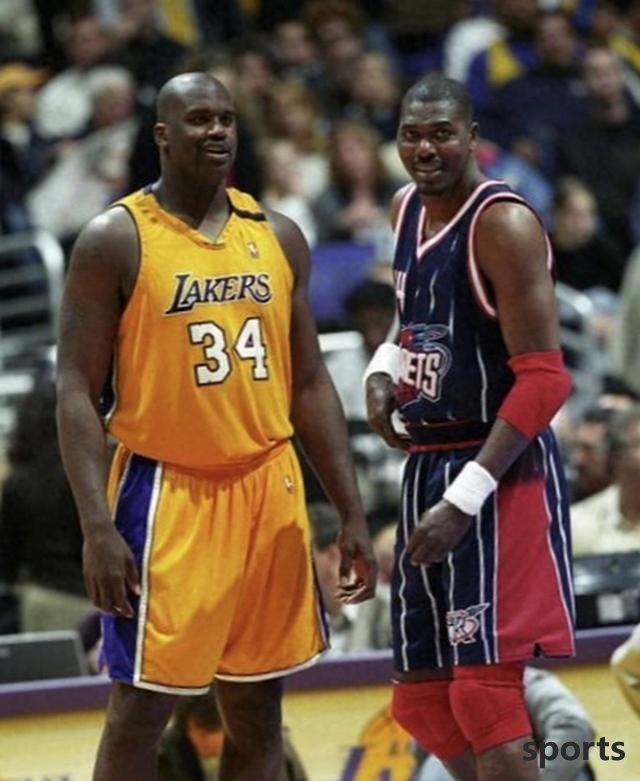
1. Olajuwon vs O'Neill: The perfect victory of experience and technology
Olajuwon's peak skills: 32-year-old Olajuwon is at the peak of technology and experience. Facing the 23-year-old O'Neal, he showed textbook-level inside offense and defense skills:
Offensive end: Using unsolved "dream footsteps" and accurate mid-range shots, O'Neal, who is stronger, frequently loses position. Olajuwon averaged 32.8 points, 11.5 rebounds, 5.5 assists, 2.0 blocks in the series, with a shooting percentage of 48.3%, and its efficiency far exceeds the regular season.
Defensive end: As a history-level assistant, he restricted O'Neal from receiving the ball through prediction and quick movement, and interfered with the Magic's perimeter breakthrough. He put the young O'Neal in foul trouble (4.3 fouls per game), greatly weakening his defensive deterrence.
O'Neal's limitations: Although the Sharks averaged 28 points, 12.5 rebounds, 6.3 assists and had impressive data, their shooting percentage was only 59.5% (much lower than their peak level), and their turnovers were as high as 5.3. The Rockets' double-team strategy and Olajuwon's single defense made it difficult for him to score easily, and he suffered repeated setbacks at critical moments.
Key Points: Olajuwon used his skills and experience to "teach" and proved that on the finals stage, experience and skills are more important than original talent.
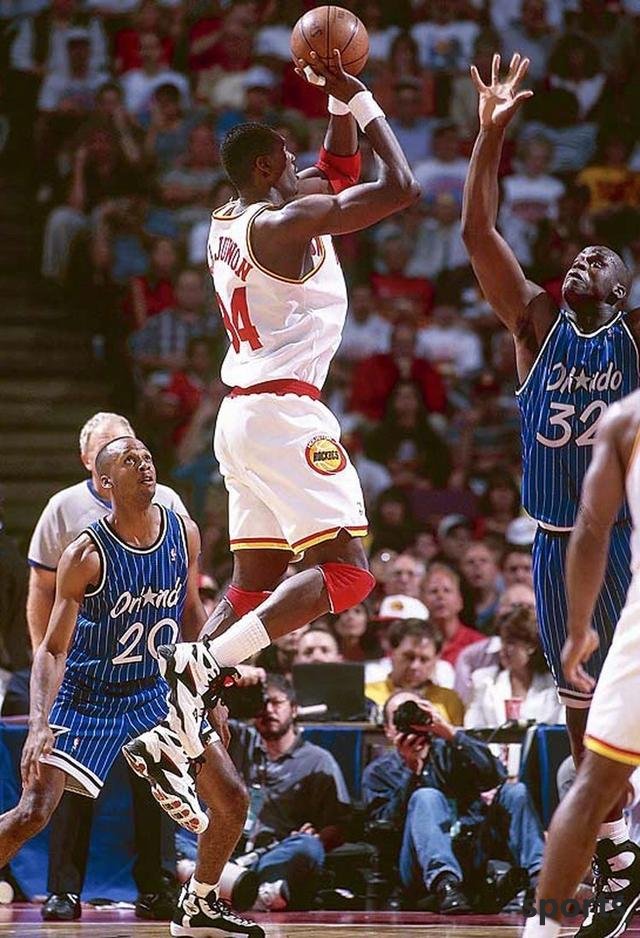
2. Championship background vs New team in the finals: Psychology and experience crushing
Rockets: Serious and steady
As the defending champion, the Rockets' core lineup (Olajuwon, Horry, Kassel, Eli) has experienced the tempering of the tiebreak in the 1994 Finals.
Head coach Rudy Tomjanovic is known for his tactical flexibility and motivational ability, and is particularly good at adjusting defensive strategies. The
series reversed many times when lagging behind (such as the turnaround in the final quarter of G1), showing extremely strong resilience.
Magic: Pay for Young
Magic is the youngest Finals team in NBA history (average age of 26), and O'Neal and Hardaway ("Penny") have been on the finals stage for the first time.
The key rounds were sloppy: G1's last moment Nick Anderson missed 4 consecutive free throws, causing the Rockets to drag into overtime and reverse, becoming the turning point of the series.
Defensive communication errors occur frequently, and they are not prepared for the explosion of Rockets role players.
3. Role players decide the winner: The Rockets' X-factor bursts
Sam Cassell: The substitute point guard became the surprise, averaging 14.3 points in the series, scoring 7 points in the overtime of G2 to secure the victory.
Robert Horry: The true nature of "Key Mr." is emerging, averaging 17.8 points, 10 rebounds, 3.3 assists per game, and a three-point shooting percentage of up to 38.5%. It perfectly matches Olajuwon on both offense and defense.
Scoremen such as Mario Elie and Kenny Smith provide stable firepower on the outside, forcing the Magic to not over-team the big dream.
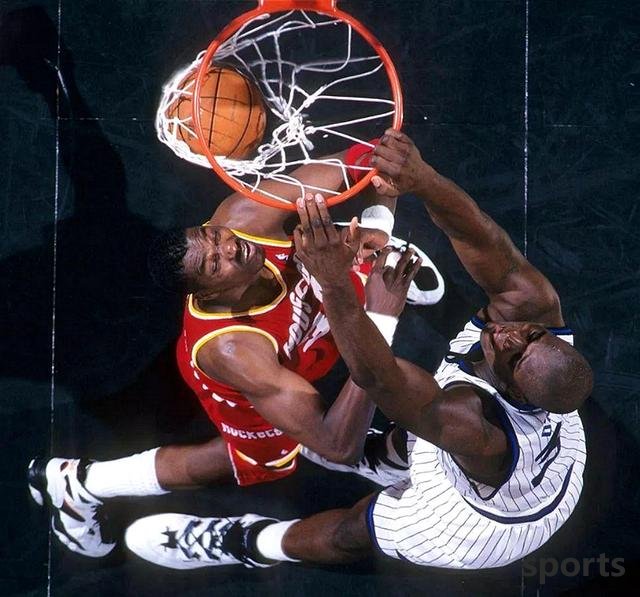
4. Tactical victory: Rockets' defense and space
"Widow Shark" strategy: The Rockets restrict O'Neal from receiving the ball by quickly assisting defense and moving forward defense, forcing him to get the ball to the outside. Magic character players (Denis Scott, Anderson) failed to respond effectively to open opportunities.
Maximization of offensive space: Drexler (averages 21.5 points per game)'s ball-holding breakthrough and Horry's three-point ability open up singles space for Olajuwon and form "internal and external linkage".
Use conversion attack: The Rockets seized the Magic's turnover (16 times per game) and counterattacked quickly to avoid falling into the position and fighting hard against O'Neal.
5. The Magic's fatal weakness
"Penny" Hardaway's loss: Despite averaging 25.5 points, Hardaway was inefficient (50% shooting percentage, but only 17.6% of three-pointers), and hesitant to deal with the key ball (the G1 failed to win the final victory in overtime).
Role Player Misacre: Except for O'Neal and Hardaway, no one in the Magic scored in double digits. The forward group (Grant, Scott) was completely suppressed by the Rockets.
Psychological collapse: G1's dramatic defeat completely defeated Magic confidence, and subsequent games collapsed repeatedly.
Summary: The legendary "Under Dog" championship path
The Rockets' victory is a classic case of "experience crushing young talents":
Olajuwon's dominance completely suppressed the future overlord O'Neal on the highest stage;
Champion DNA makes the Rockets as stable as a rock in the anxious moment, while the Magic pays the price for growth;
The explosion of character players fills the gap in Drexler's state ups and downs;
Tactic targetedness magnifies the Magic's shortcomings (outside projection, inadequate experience).
Historical significance: The Rockets have become the only team in the NBA to win the championship as the sixth in the division. Tom Janovic's famous saying "Never underestimate the heart of a champion" is precisely due to this round of series. The Magic's "Youth Storm" will have to wait for many years before O'Neal will be honored as the champion in the Lakers.
Related Posts
- Tyron Lu talks about superstar breakup: If Irving has not left the team, I think James will stay with the Cavaliers
- American News: The Lakers are expected to maintain their current lineup and enter training camp. They look forward to Vincent & Kleber s performance
- Stockton: NBA s current style is weak; they are all jumpers, players love load management; their salary is still high
- The Rockets have signed 4 players in a row, the Clippers finally take action, and the Warriors target appears
- Morant bid farewell to Bain: 5 years of brotherhood breaking, muscle shooter shoots magic to change the Eastern Conference pattern
- More than the third brother! Homgren becomes the X factor?
- Funny, Brunson was named the 2025 NBA Playoffs Best Offensive Player and Worst Defensive Player
- Why can t the Los Angeles Clippers win the NBA championship?
- Amen s "fake PG" effect is outstanding: 19+7+6 in three quarters, relaxed and enjoyable. Fan Jordan s reimbursement is good for him
- Very suddenly! Retired?! Simmons doesn t want to fight anymore?
Hot Posts
- Tyron Lu talks about superstar breakup: If Irving has not left the team, I think James will stay with the Cavaliers
- American News: The Lakers are expected to maintain their current lineup and enter training camp. They look forward to Vincent & Kleber s performance
- Stockton: NBA s current style is weak; they are all jumpers, players love load management; their salary is still high
- The Rockets have signed 4 players in a row, the Clippers finally take action, and the Warriors target appears
Recommend
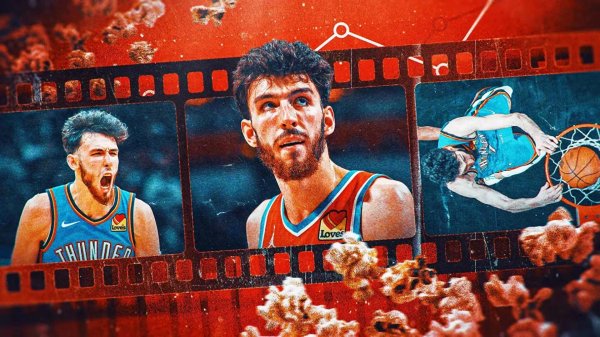
Legend: Thunder Third Head Chet agrees to renew the contract with a high salary! How much is Jewish worth

Indiana Pacers NBA Finals Tour ignites enthusiasm across the city

Terminate the transaction! Refusing to break up with 6 for 1, the Warriors are in a row, and Curry s last championship is over

How the Thunder transformed from a regular season overlord to a stronger presence

Average of 16.8 points + limit Jokic s shooting rate by 44%! The Lakers have lost more than one top blue-collar worker, which is a pity
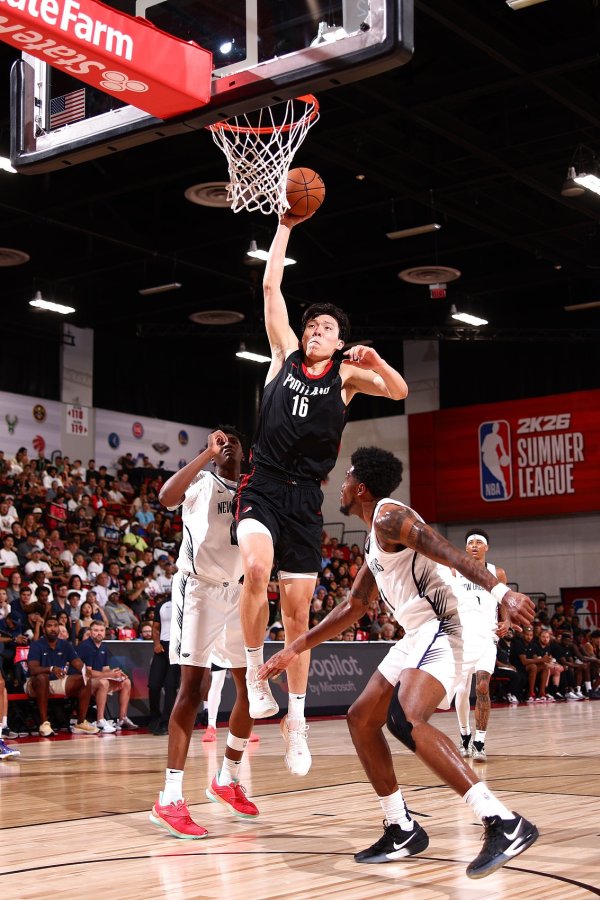
Meiji: Sometimes Yang Hansen is exhausted, and the team may want to hold on for the sake of the audience
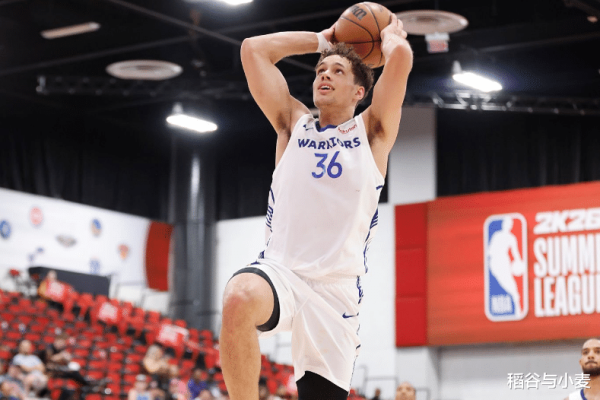
Successfully robbed people! The Lakers snatched this wing gate with excellent defensive ability from the Warriors?
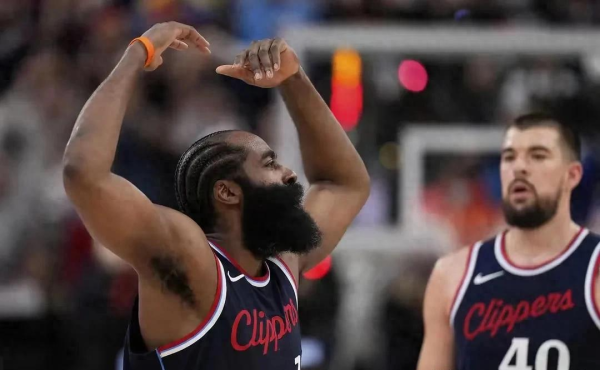
The Clippers officially announced that they had completed a contract renewal with Harden!